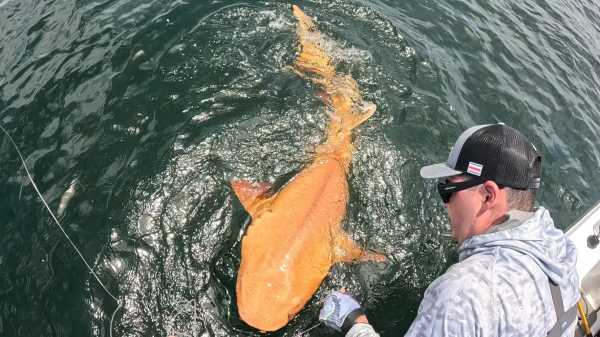
Nurse sharks are usually yellow or grey-brown in colour, but this one was bright orange. (Photo: Garvin Watson and Parismina Domus Dei. Parismina Limón Bar, Costa Rica.)
The first-of-its-kind bright orange shark with white eyes has been caught and released in the Caribbean, according to a new study.
The nurse shark (Ginglymostoma cirratum) has been observed to have a mysterious condition called xanthochroism, which is characterized by increased yellow pigmentation in the skin. Researchers have documented xanthochroism in several animals, but this is the first confirmed case of pronounced yellowness in a nurse shark. The shark also appears to have albinism, making it even more unusual.
Fishermen accidentally discovered the shark off the east coast of Costa Rica in 2024. Garvin Watson, owner of the Parismina Domus Dei hotel in the village of Parismina, pulled out the shark, which was about 6.6 feet (2 meters) long and was swimming 120 feet (37 meters) below the surface of the water.
You may like
-
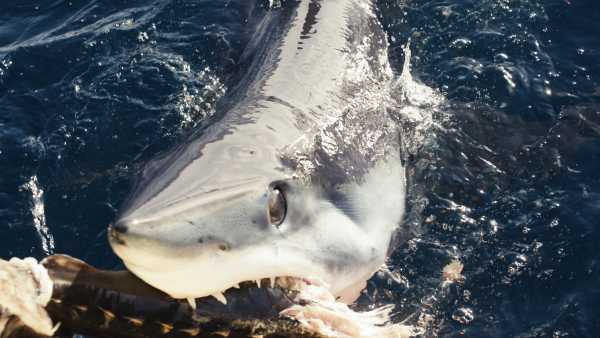
Shark Week Team Spots Unusual 'Black Mako' Fish Off California Coast
-
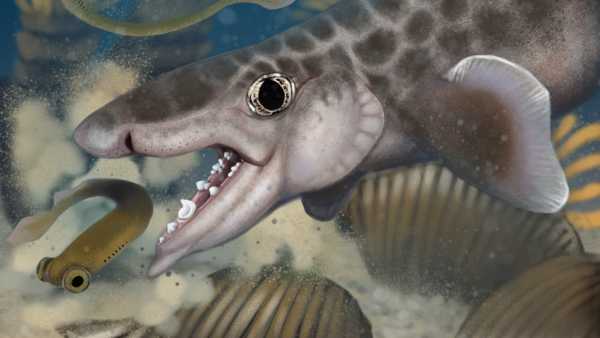
Ancient Shark Discovered Deep Inside World's Longest Cave System
-
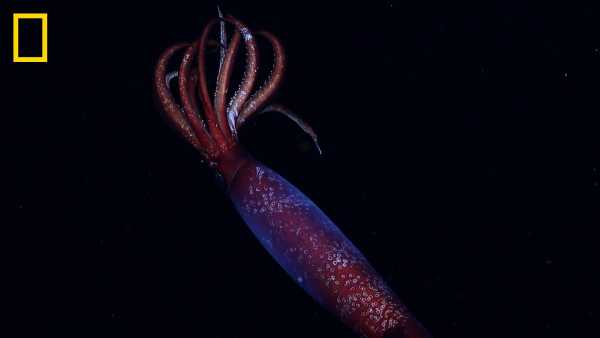
The video shows the world's first blood-red squid with huge hooks drifting in the midnight zone of the Antarctic Ocean.
“We couldn't believe what we saw,” Watson told Live Science in an email.
“This orange shark, shining in the sun, was something extraordinary,” he said. “We didn't know it would become a world-class discovery, recognized by all the biologists in the world.”
The fishermen photographed the shark, then removed the hook from its mouth and released it back into the Caribbean. Researchers described the event and its significance in a new study published Aug. 1 in the journal Marine Biodiversity.
Scientists have documented xanthesis in a variety of species, including frogs, birds, and fish. Although some animals are typically yellow and orange, these colors are more pronounced in individuals of these species with xanthesis.
Nurse sharks are typically yellow to grey-brown in color. Unusual coloration has occasionally been reported in this species, including albinism (a complete lack of melanin pigmentation in the skin and iris) and potential xanthesis, but according to the study, a xanthesis nurse shark has not yet been scientifically documented.
“We were very surprised and excited when we saw [xanthism] in the photographs,” lead study author Marioxis Macias-Cujare, a doctoral student in biological oceanography at the Federal University of Rio Grande in Brazil, told Live Science in an email.
Image 1 of 2
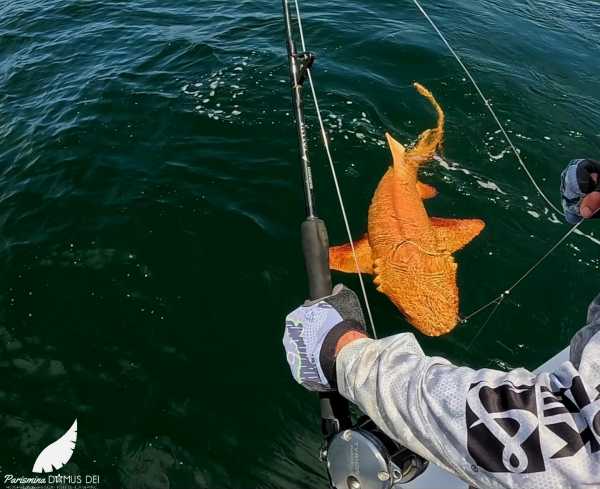
The shark had complete xanthesis, with abnormal pigmentation covering its entire body. (Photo: Garvin Watson and Parismina Domus Dei. Parismina Limon Bar, Costa Rica.)
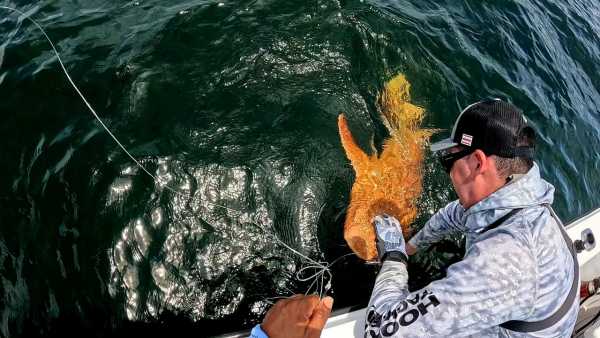
Fishers released the shark after it was photographed. (Photo: Garvin Watson and Parismina Domus Dei. Parismina Limon Bar, Costa Rica.)
The researchers spoke with Watson and studied photographs of the shark. They noted that it lacked the black irises characteristic of shark eyes and concluded that it was likely albino and xanthochromic. A 2018 study documented this combined condition, known as albino-xanthochromism, in a species of ray (Raja montagui) found in the Irish Sea.
Researchers are still studying the causes of abnormal pigmentation in sharks. Such conditions are usually linked to genetics, but factors such as environmental stress, elevated temperatures, and hormonal imbalances may also contribute to the different shades of color, according to the study.
RELATED STORIES
— An octopus has been spotted riding the world's fastest shark.
— In a new video, a huge male great white shark is tagged and released off the coast of Florida.
—Why do sharks freeze when you turn them upside down?
Macias-Cuyare noted that xanthesis usually has genetic causes, but more research is needed to understand the conditions that influence abnormal pigmentation in sharks.
The shark's survival is also intriguing. Animals evolve certain colors to better survive in their environments, so a bright orange color that's not typical for a species is usually a liability. In this case, the shark survived to adulthood, and its unusual coloring doesn't seem to have stopped it.
“There are many factors that influence this, such as the environment, but everything remains speculative until the variables that may influence this genetic condition are studied,” Macias-Cuyare said.

Patrick Pester, Social Links Navigator, Popular News Writer
Patrick Pester is a popular news writer for Live Science. His work has appeared on other science sites such as BBC Science Focus and Scientific American. Patrick transitioned to journalism after working for zoos and wildlife conservation organisations earlier in his career. He received a Master's Excellence Scholarship to study at Cardiff University, where he completed an MA in International Journalism. He also completed a second MA in Biodiversity, Evolution and Conservation in Action at Middlesex University in London. When he's not writing news, Patrick is an investigator into the sale of human remains.
You must verify your public display name before commenting.
Please log out and log back in. You will then be prompted to enter a display name.
Exit Read more
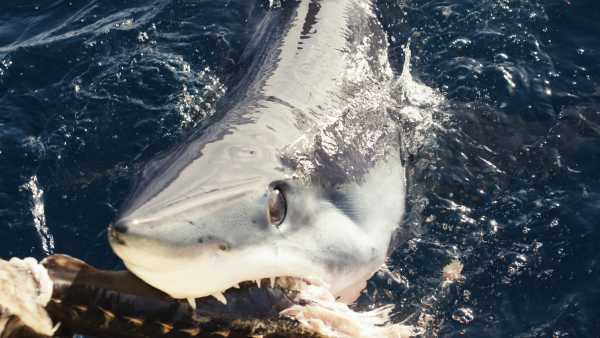
Shark Week Team Spots Unusual 'Black Mako' Fish Off California Coast
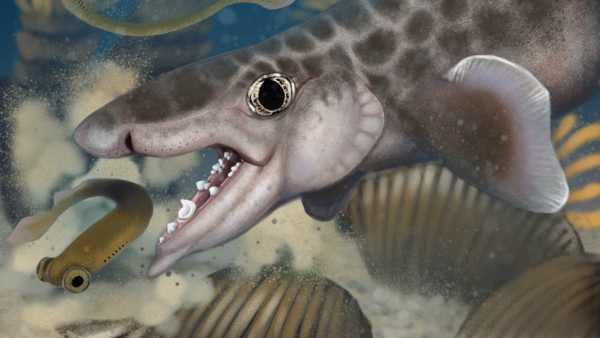
Ancient Shark Discovered Deep Inside World's Longest Cave System
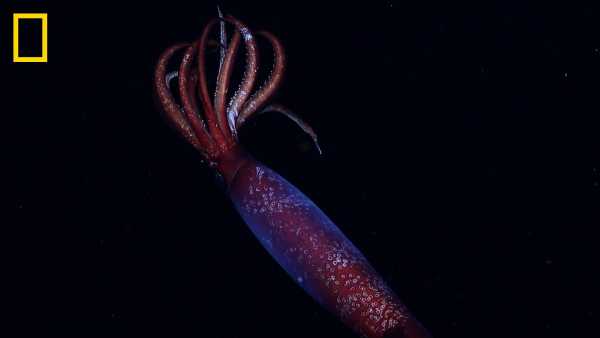
The video shows the world's first blood-red squid with huge hooks drifting in the midnight zone of the Antarctic Ocean.
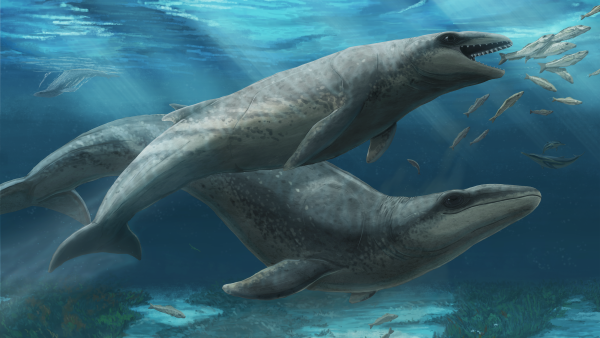
Ancient predatory whale with big eyes and razor-sharp teeth was 'deceptively cute'

Thousands of bumblebee catfish climb a waterfall in never-before-seen footage
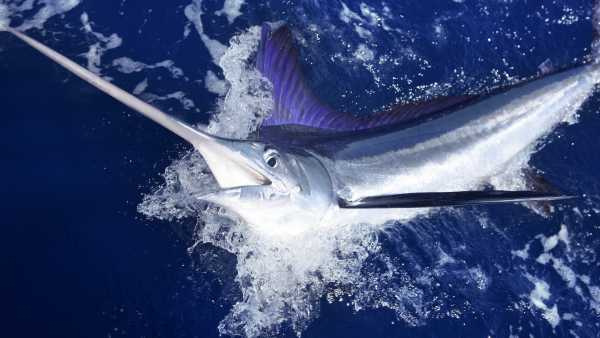
Man Stabbed in Throat and Base of Skull – Fish Latest Shark News
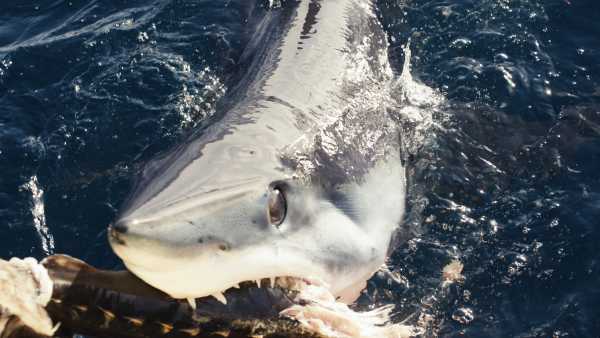
Shark Week Team Spots Unusual 'Black Mako' Fish Off California Coast

How to Watch Shark Week 2025: Discovery Live Streaming and Special Streaming Schedule
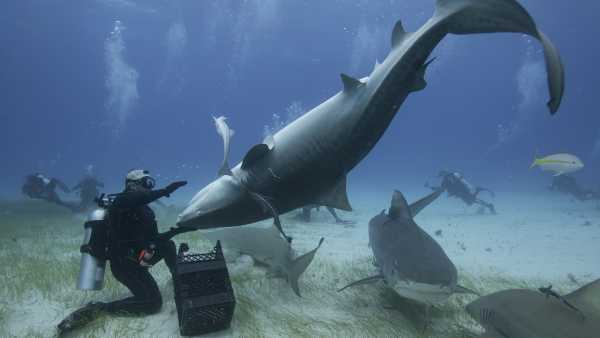
Why do sharks freeze when you turn them upside down?
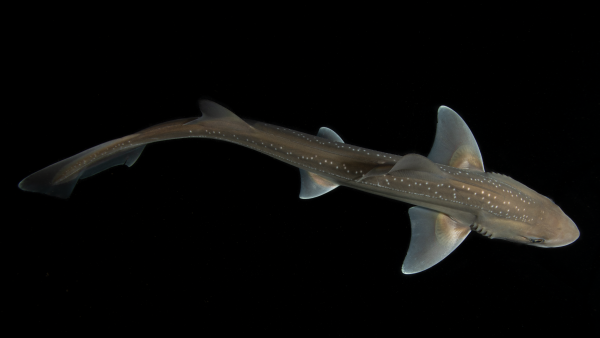
Do sharks make sounds? A chance discovery may answer that question.
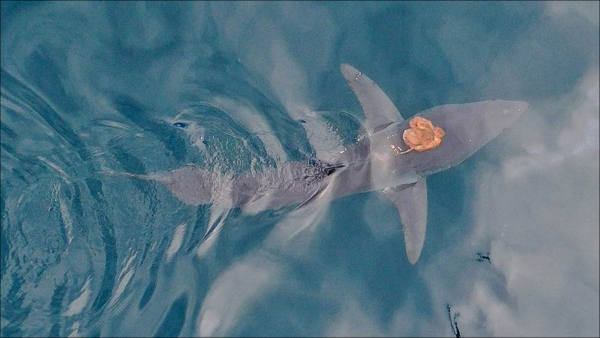
Octopus Spotted Riding World's Fastest Shark
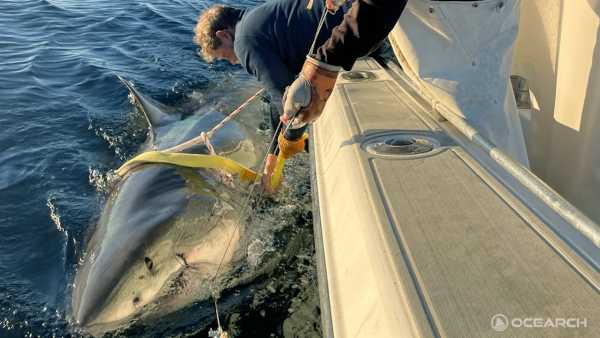
Enormous Male Great White Shark Tagged and Released Off Florida Coast in New Video Latest News

“I trust AI like a sailor trusts the sea. It can take you far, but it can also drown you”: Survey results show that the majority does not trust AI.

Study Finds Just One Dose of LSD Can Relieve Anxiety for Months

Scientists have invented “spermbots” that they pilot through an artificial cervix and uterus.

This week's science news: A key Atlantic current is nearing its end, the world's largest iceberg breaks apart, and a mouse brain is redefining neuroscience.
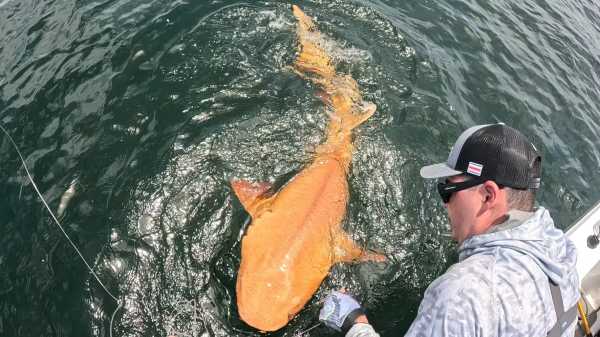
Fishermen discover first-of-its-kind bright orange shark with two rare diseases in Caribbean
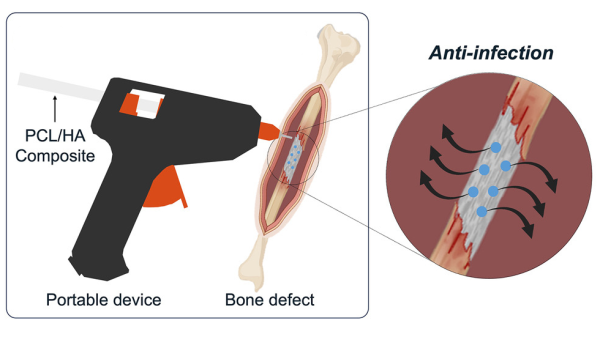
Scientists have developed a “glue gun” that prints bone grafts directly onto fractures using a 3D printer. LATEST ARTICLES

1. Science news this week: Key Atlantic current nears collapse, world's largest iceberg breaks apart, mouse brain redefines neuroscience
Live Science is part of Future US Inc., an international media group and leading digital publisher. Visit our corporate website.
- About Us
- Contact Future experts
- Terms and Conditions
- Privacy Policy
- Cookie Policy
- Accessibility Statement
- Advertise with us
- Web Notifications
- Career
- Editorial Standards
- How to present history to us
© Future US, Inc. Full 7th Floor, 130 West 42nd Street, New York, NY 10036.
var dfp_config = { “site_platform”: “vanilla”, “keywords”: “type-news-trending,serversidehawk,videoarticle,van-enable-adviser-
Sourse: www.livescience.com





